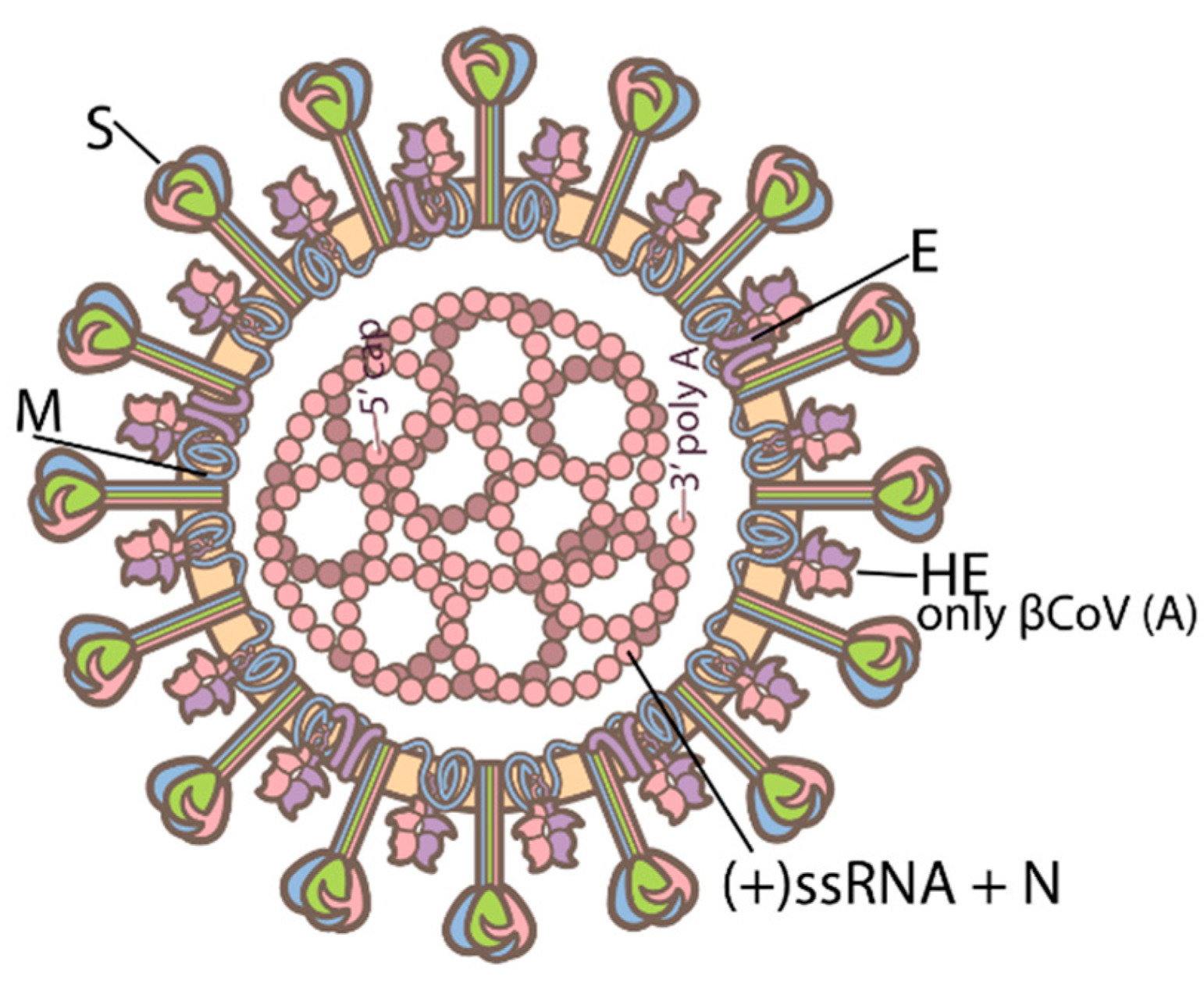Playlist
Show Playlist
Hide Playlist
COVID-19: Challenges and Prospects of Vaccine Development
-
Slides Coronavirus Challenges and Prospects of Vaccine Development.pdf
-
Download Lecture Overview
00:08 So, how long will the protective effect last? Well, that's not known, in fact there are many questions that emerge, as we go further into the pandemic and here are some of the ones to which we don't yet have answers. 00:21 It appears, that vaccine recipients in the vaccine trials, have had protective immune response, for a minimum of one year after vaccine, but that number will continue to lengthen as we go further into the pandemic. 00:35 Can the vaccines prevent asymptomatic infection or can they prevent transmission? The tentative answer so far is, yes, but how successfully remains to be determined. 00:48 Will they prevent infection by all the current or emergent strains? To date, the answer is, yes, but would decrease efficacy compared to the original strain. 00:57 Will they be effective in immunocompromised patients? Here the data would suggest that immunocompromised patients are not all created equal, those who are on immunomodulatory drugs for example, somebody with systemic lupus or erythematosus or rheumatoid arthritis on a biologic agent, still have a robust response, while a solid organ transplant recipient or a chemotherapy recipient does not, so, it's a variable response and there may be a need for booster in those patients. 01:29 Will the vaccines be effective in patients, who are at high risk for severe COVID-19 as those who are at low risk? Again, the answer would suggest, yes, but this is a smaller more difficult to study population, because of complications from those same comorbidities, which, already lend to morbidity and mortality. 01:49 So, what are the major concerns with vaccine strategies? Perhaps, the hugest one is getting vaccines delivered, to as many people in the world as is possible and of course, there are many countries that are horribly under-resourced and either have no vaccine doses whatsoever or have been able to immunize less than 1% of that country's population. 02:14 So, making vaccines available to all countries, all people in the world, as soon as possible is a critical concern, if we have and wish to have any chance of getting through this pandemic. 02:26 Protecting those who are at highest risk for severe disease or those for whom the risk of infection is significant. 02:33 So, protecting healthcare workers, so, that we can continue to care for those who do have COVID-19. 02:39 Protecting the elderly, the ones who are at highest risk of hospitalization and death and including those who have immunodeficiency and then represent a huge burden in healthcare infrastructure. 02:52 What about the variance? So, following the impact of the mutant variants of the virus and adapting our vaccine strategies to reflect those, all these are our major concerns and especially the duration of immunity. 03:08 How do we detect if the vaccines are successful and for how long? Is it simply checking antibodies? or should we look at T-cell function, should we look at plasma cell derivations populations and lineages of COVID-19 effective plasma cells or neutralizing antibodies, versus other antibodies. 03:29 So, there are a whole bunch of concerns which remain to be fleshed out. 03:34 And then finally, limiting the insertion of the actual SARS-Coronavirus II, into the viral milieu of humans in an endemic matter. 03:43 What does this mean? At some point in time, way, way, way, back when influenza was also a pandemic, however, it was so successful, that it entered human infectious milieu and now creates an annual epidemic. 03:57 The fears are that our point of no return for, SARS-Coronavirus II has already been crossed and that we will likely have seasonal recurrences, just like we do with influenza, which, will require an annual booster vaccine. 04:11 That is absolutely, I think a likely reality, if not already a true reality. 04:17 And then what are the long-term complications of the disease? For example, those individuals who are long COVID-19 survivors, the long haulers as they've been called, which has horrible and tremendous impact on quality of life, can those be prevented by COVID-19 vaccination and can those be addressed as we bring this pandemic under control? So, lots yet to be determined, the science of course is evolving at a rapid pace in this pandemic and that is a good thing, because otherwise nature in its abhorrence of a vacuum, will continue to win, in creating variance, which, will eventually be the death of us.
About the Lecture
The lecture COVID-19: Challenges and Prospects of Vaccine Development by Sean Elliott, MD is from the course Coronavirus.
Included Quiz Questions
How long does the protective effect of the COVID-19 vaccine last?
- Unknown
- 6–12 months
- 2 years
- 12–18 months
- 5 years
What term is defined as "the degree to which a vaccine prevents the disease outside of clinical trials"?
- Effectiveness
- Efficacy
- Efficiency
- Effectiveness against asymptomatic disease
- Effectiveness against severe disease
What is a common side effect of a vaccine that may indicate a good immune response?
- Malaise and myalgias
- Fever
- Anaphylaxis
- Rhinorrhea
- Diarrhea
Customer reviews
5,0 of 5 stars
| 5 Stars |
|
5 |
| 4 Stars |
|
0 |
| 3 Stars |
|
0 |
| 2 Stars |
|
0 |
| 1 Star |
|
0 |




